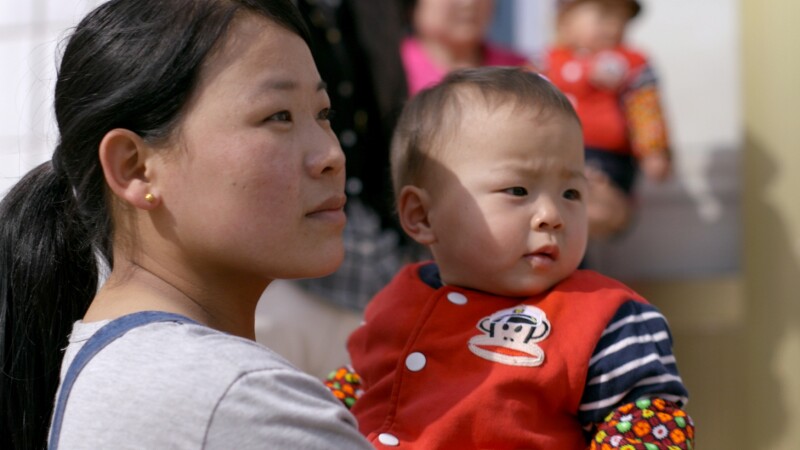Sixty seconds. That’s how much time a healthcare professional has to ensure that a newborn takes a first breath in order for that baby to have a healthy start in life.
But far too often newborns aren’t able to take that first breath on their own.
It’s a condition known as birth asphyxia—and it’s one of the world’s leading causes of infant mortality. In fact, some 10 million newborns worldwide have difficulty breathing at birth each year. And in China, over 73,000 babies died from the complication in 2004 alone.
So to help change that alarming statistic, Johnson & Johnson formed a first-of-its-kind public-private partnership with the Chinese government and other professional associations to launch the “Freedom of Breath, Fountain of Life” training program.
The goal: help prevent birth asphyxia in Chinese hospitals by ensuring that every delivery had at least one person trained in neonatal resuscitation present.
Today, as the program marks its 10-year anniversary, the initiative has saved an estimated 150,000 newborns across the country.
And that’s just one heartwarming stat.
As you’ll see in this infographic, there are more inspiring facts, figures and stories behind the formation of this landmark partnership—and the many children to whom it’s given a healthy start.
null




